Can anyone learn to sing? I don’t like it when voice teachers answer this question with: absolutely 100 percent yes. It sounds like they’re trying to sell you something, which they are.
I can tell you that each and every student I had could improve their singing, including singing in tune. And I've met some difficult cases - which I love, by the way.
I’ve had quite a few students who came to me with the following ‘symptoms’ that might be confused with tone deafness or some other insurmountable vocal issue:
- A very limited range
- No awareness of if they were hitting the right note or not
- A lot of tension in the upper body, especially neck and jaw
But these things can be overcome, as I will show.

Trouble learning to sing: The 'karaoke couple'
When I taught in Berlin, a cute couple came to me for duo lessons. They wanted to sing karaoke together. She was a tall, shy looking girl, very sweet. And he was bulky and also very gentle, and very open minded about everything we worked on.
She was fine and had no big vocal issues. But he was a different case. His neck was made out of brick it seemed. Which meant that the whole area of the voice box was constricted: a huge amount of pressure there.
His head was chronically forward, accompanied by one of the most tense jaws I've ever seen. He couldn't sing on pitch and had only a few notes to his vocal range.
I asked: do you sometimes sing? Nope. On the bike or while doing the dishes, just humming? Nope. So I supposed last time you remember singing in just in class as a kid? No really, no.
Huh? That was a first for me, someone who doesn't have a single memory of singing! Of course I wouldn't jump to the conclusion of him being tone deaf considering his history and current state. He has never sung in his life, and his physical habits are horrible. No wonder he singing out of tune..
I did all kinds of bodywork exercises with him, massage him, work through the jaw, make space there.
As time went by, he started singing more and more in tune. He got more depth in his voice. It got easier for him to work in a duet, and he started following the piano.
We had limited time together, as they left town. As a couple, I gave them probably ten lessons or so. And in the end, the karaoke couple could sing a decent rendition of a basic song together.
Basic requirements to learn singing
There are a few basic requirements that one should have to be able to learn singing. Most people meet these requirements.
1. Properly functioning vocal cords
Your vocal cords need to be able to close properly when they phonate. Using the wrong vocal function can cause hoarseness, throat ache and quickly running out of air. If you catch this in time, or are lucky enough to have a less sensitive throat, you can correct these problems with good vocal technique.
If vocal cord exercises don't solve those issues, you have to go to the doctor and get your larynx and vocal cords checked, to make sure there are no worse problems there.
If you do have a serious illness such as vocal nodules, vocal polyps or anything terrible like that - that still doesn't mean you cannot learn how to sing - but for now, you shouldn't. You should focus on recovering and then get to it once your throat works properly.
If there are no issues, then there are exercises to gently stretch 'em: slides for example. You make your vocal cords feel that they can go there. The vocal cords will reach higher and lower that way.
2. A healthy voice box
The Larynx, or voice box, like any organ of the human body, can have numerous problems. It can be inflamed, it can get cancer, all kinds of things you don't want to talk or think about. But unless you have some kind of issue with your voice box, you should be good to go.
3. Respiratory system in good shape
Your Trachea (air pipe), lungs, ribs and diaphragm should be ok. If you can go for a walk, or climb the stairs, you should also be able to sing. If you have breathing problems, sometimes those are treatable - so do it! Some doctors will actually recommend voice lessons to work on the breath, because they can help significantly, and sometimes will be enough to do the trick.
No issues with the respiratory system? Then you can train it for the purpose of singing. There are specific exercises for specific abilities. For example for using the breath. Almost any teacher will work on that in the beginning. Mainly inhaling in a healthy way, then controlling the exhale.
Learning how to sing is a systematic process
So having established that you have no major problems in the above mentioned areas (vocal cords, voice box, respiratory system, what’s next in your journey of learning how to sing? It's about developing three skill sets (see the above video).
- Learn how to practice: Become systematic: hunt for your vocal issues, experiment with what works and drill that in.
- Build better mental habits: Saying ‘I suck’ won’t get you anywhere. Learn to think positive, in a non-BS way.
- Get in shape as a singer: How well you understand and shape your body determines how good you can become.
Build on these pillars and you’ll be amazed. It's possible to become a professional singer if you stick to the process and develop a wide range of skills methodically. The meta skill of learning how to practice can't be underestimated. I'll help you, of course!
Tone deafness an obstacle to learning how to sing?
If you have trouble singing in tune, that might mean you are tone deaf - or not. In either case, you should check out my article on How to Sing in Tune - the Right Way.
Too many people claim that they’re tone deaf when they’re not.
When people use the term 'tone deaf', they usually mean an inability to carry a tune.
So how is it determined scientifically? That's what I wanted to know, because I was quite skeptical about the famous "5% of people are tone deaf" headlines that you often read.
Tests that I have seen online and apps which check if you are tone deaf will mostly try to see if you can distinguish pitches. If you seem to have trouble with that, at a certain level you will be categorized as tone deaf.
And there is also scientific research, most famous of all was in a lab in Montreal called The Montreal Battery for the Evaluation of Amusia (MBEA). Amusia is the scientific term for tone deafness.
From what I’ve read (for example in this MBEA scientific paper), the ability of hearing pitch differences and remembering melodies is a scale. It’s not an all-or-nothing thing. It's not total incompetence. For example, some of the poor performers will not detect a pitch difference when it is small (1 or 2 semi-tones) but will detect it with a bigger jump, So that's not normal, most people will hear a difference of 1 semi tone and often less. But it's not a complete deafness to difference in pitch.
My understanding of what I have found regarding this topic, is what these tests do is diagnosing people who performed poorly with the disorder called amusia, what we call tone deafness. That made 5% of the research subjects.
Some, I understand, also don't experience joy from listening to music or from singing. That is more rare, not all tone deaf cases are like that. But I imagine that if someone doesn't enjoy music - they will not be taking singing lessons, which explains why I or any other voice teacher have never met one.
So, does tone deafness exist? Yes, I think. But it's probably not what you were thinking.
I would love to find a case of true congenital amusia, as in, tone deafness that one was born with. Where that part of the brain responsible for determining a pitch in our vocal cords really doesn't work. I would love to see if this area of the brain really cannot work.
I would also like to see some result of a follow up research after people who were diagnosed with Amusia have tried to work on it. So many teachers have helped people improve their pitch, and even one of the subjects from this famous reseach in Montreal has been able to learn to sing! (Check out the video below called "bad singer).
The girl who couldn’t tell which note was higher
What further complicates this tone deaf discussion, is the matter of awareness. An anecdote to illustrate what I mean.
I was present at the first piano lesson of a family friend, when she was a kid. The teacher gave her exercises that are a bit comparable to the ones they use in tone-deaf tests. The teacher hit two notes and asked the young student: which note is the highest? The student had no idea how to answer that, she was completely lost.
You could jump to conclusions here and claim the girl had no ear for music. But guess what? Later it turned out that she had perfect pitch! She just was not familiar with the terms high and low in the context of notes.
The motivation to learn singing
Let’s not forget this requirement! What you NEED willingness to go the mile, and the right mindset. Important: the psychology of singing is also something that can be trained the right way.
A lot of people underestimate this.
But the process of learning to sing can be dragged for years, being at best a lot less productive than it could be - maybe stuck - if you have certain psychological barriers.
The good news: these mental issues can be broken down, identified and treated, just like physical issues.
A lot of things can get in the way. Myself, I had a lot of passion but also a lot of mental blockages which slowed me down.
Impatience is one factor. Not having the patience to go through the process. You have to accept sounding bad sometimes. You can’t have everything working all the time. You have to have some failure when you learn how to sing. It may seem obvious, but you'd be surprised: the more passionate you are about singing well, the lesson patience you might have for the process.
I believe wholeheartedly that people can work on their mental state. It’s something that you have to want to do. You can have guidance if you need it, and slowly change your mentality.
In general: negativity and over-criticism can come from a well intended place. I had that for years. I set high standards for myself: I was never satisfied, never patting myself on the back. There was also an anxiety around not being able to make it. That made me edgy and more critical. That’s not productive to say the least.
The whole think-positive-thing is a lot more than just feel-good/ new-age credo. It’s actually really practical. And it’s very non practical to have the opposite.
Learning to sing at an older age
Your love of singing is not going to fade away while getting older, so don't deny yourself the joy of singing. So if you are already in your 50's or 60's or 70's - come on. It's time. The good news: it's possible.
I wrote a separate article about how to learn singing at an older age. I talk with 60-something 'Champness Jack' and his journey as a singing student and performer later in life.
speaking about learning how to sing
In order to learn singing you'll need a system. It's an antidote to self-doubt, confusion and overwhelm.
So, can anyone learn to sing?
Well, the 'tone deaf' people that came to me turned out to not really be tone deaf, so when I see it I'll believe it.
But I'm not going to say: a 100% absolutely yes, come to me and give me all your money and it will be okay!
I will say: in my experience, yes. If you think you cannot - I'll make you a deal: come and try it. If it turns out you don't have the ability to learn how to sing, as in cannot make your voice more resonant and sing more accurately with time, I will give you your money back.
You need guidance from a teacher. You need to strive for healthy vocal function, and a healthy, productive mentality and practice. And then it’s a matter of time.
Now we have got that out of the way... the next step would be to figure out how to learn singing, without breaking the bank.
Resources
Videos
Check out the story of book author and 'bad singer' Tim Falconer, who was diagnosed tone deaf but refused to give up his dream to sing - in spite being told: why don't you start playing an instrument? The instrument he loves most is the human voice!
Articles
What is specific to music processing?
Insights from congenital amusia
Congenital amusia is the scientific name for inherited tone deafness. It's from the creator of the screening tool for tone deafness that they use in their lab.
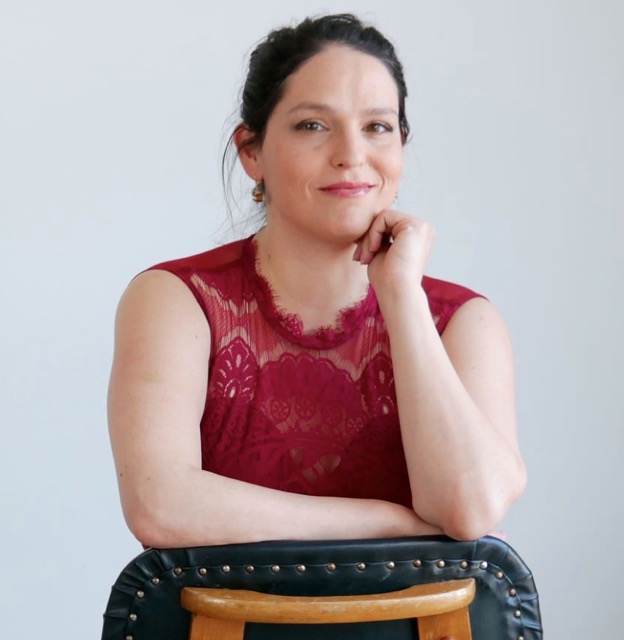
About the author
Linor Oren
I'm an opera singer and (online) voice teacher, based in Amsterdam. It took me more than a decade to overcome my share of mental and physical issues and reach a professional level as a singer. Because of this background, and my 10+ years of teaching experience, I believe I can speed up your learning curve as a singer.
Take your desire to sing seriously: get tools to become a better singer in your inbox
Eye-openers, tips and stories. Also content that I don't publish on my website.

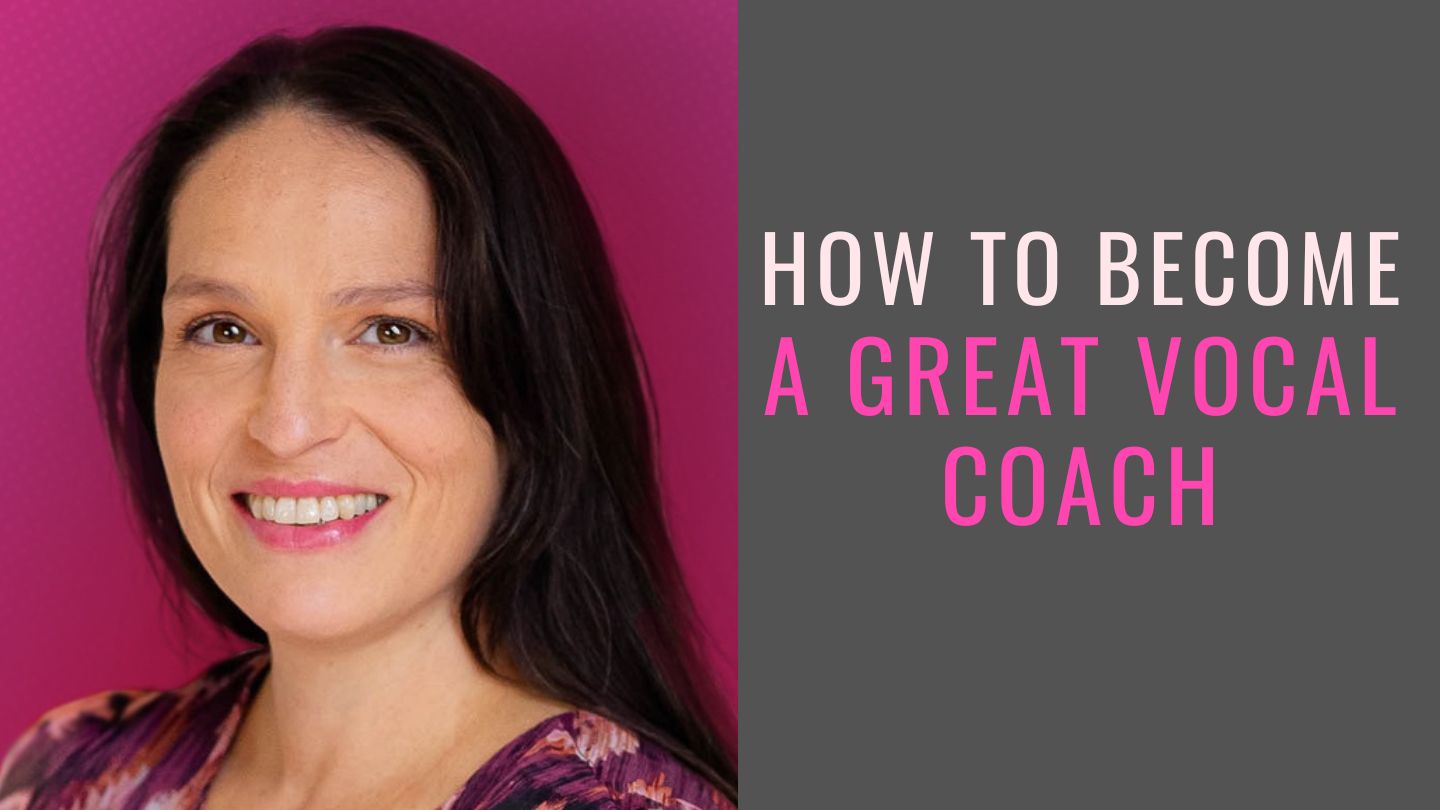
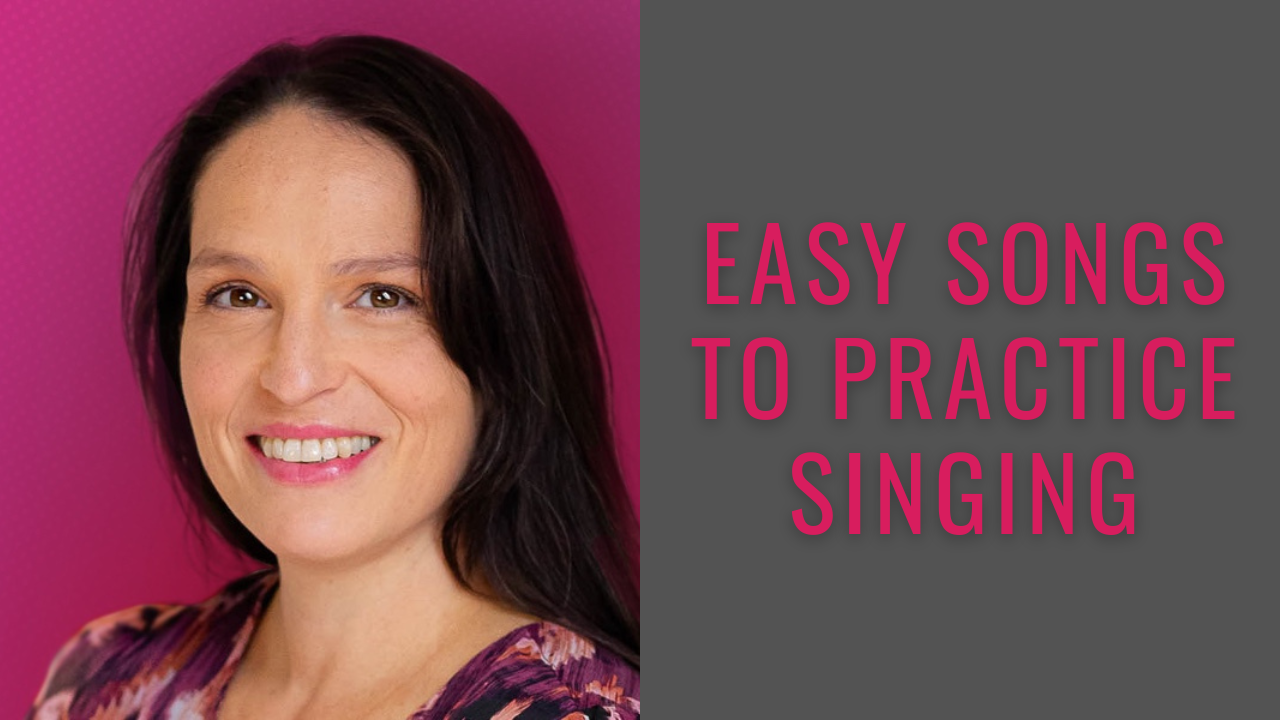
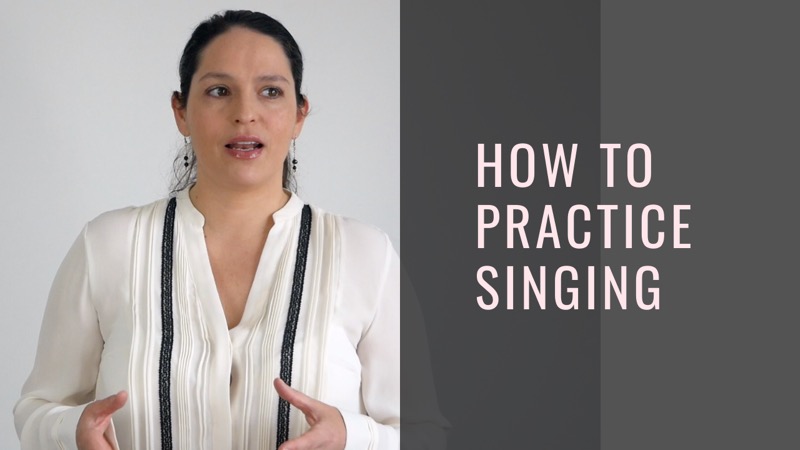
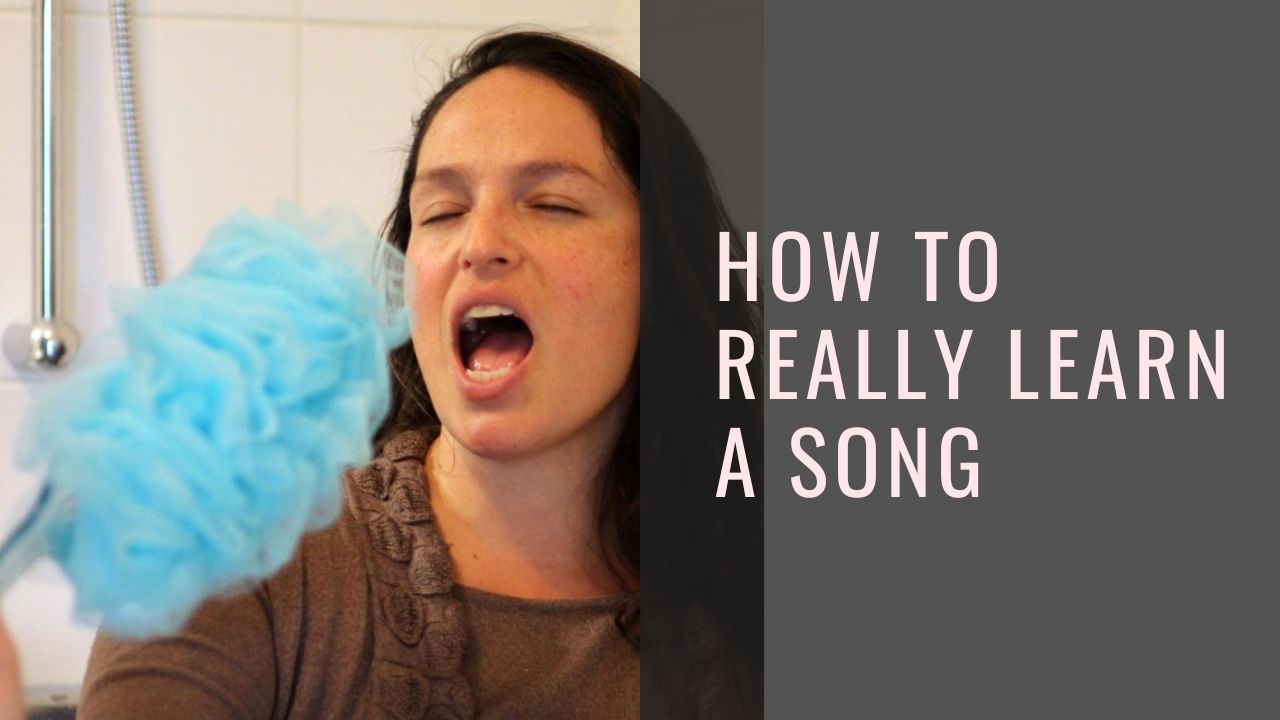

This comment is awaiting moderation
Anyone can check out lessons with Singorama and see for yourself
https://c73c59q3n8ui6qbmvctb33vvbd.hop.clickbank.net/
This comment is awaiting moderation
I always used to sing ‘pretty’ when playing guitar and singing along. This gave an airy quality to my voice and sometimes made me hoarse. Since I’ve simply started using my speaking voice while singing, I have more stamina. It’s funny that I’ve learned singing by starting to ‘speak’, in a sense. Si parla, si canta: I know that’s the Italian mantra that you also preach…
This comment is awaiting moderation
Indeed I do preach it! it’s strange how speaking is so essential for singing, we don’t really think that way intuitively..But it is OUR voice, so if you want more of your voice when you sing, use your voice the way it is So cool that you got that principle and it helps you sing better
So cool that you got that principle and it helps you sing better
Add your comment...
Already subscribed!